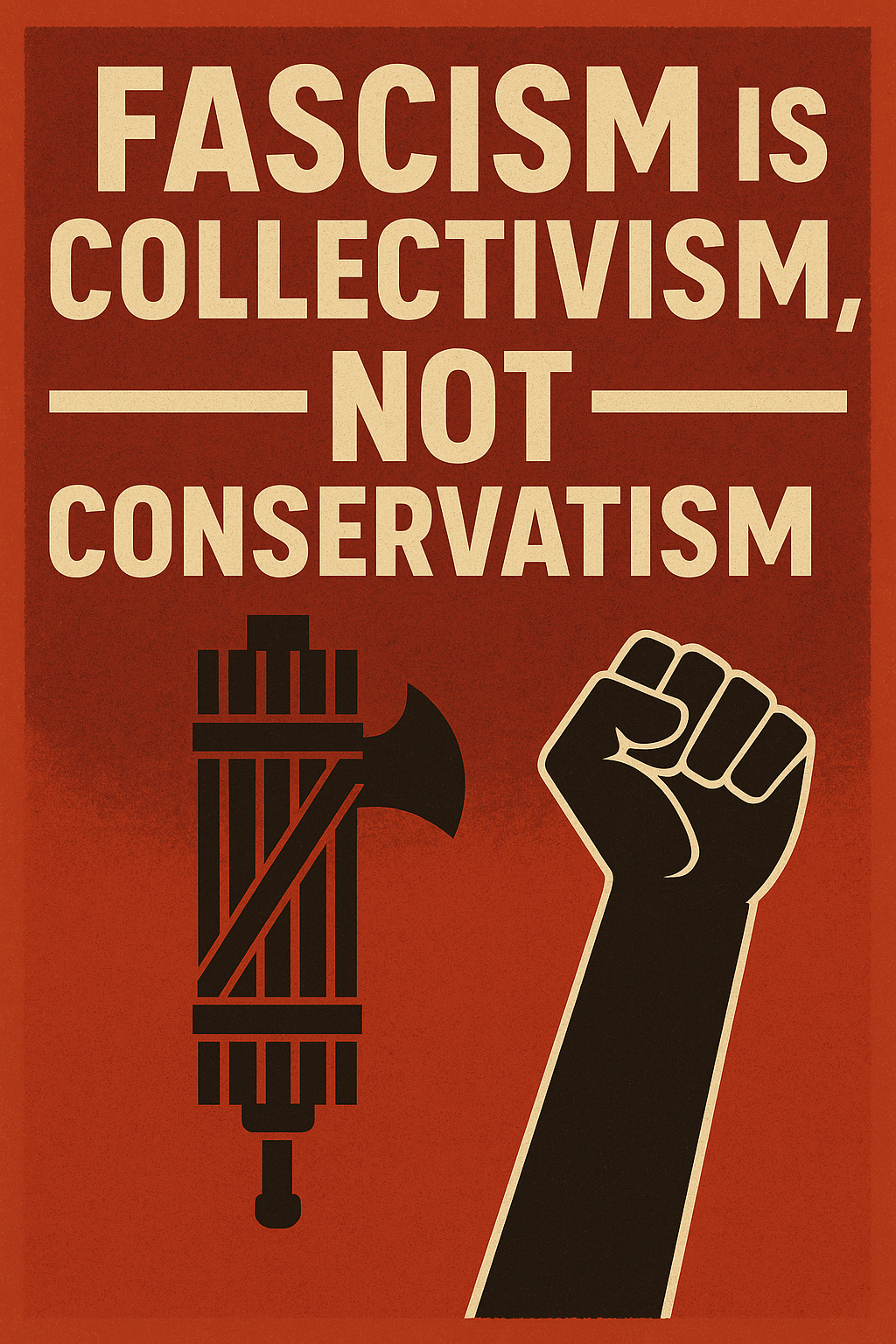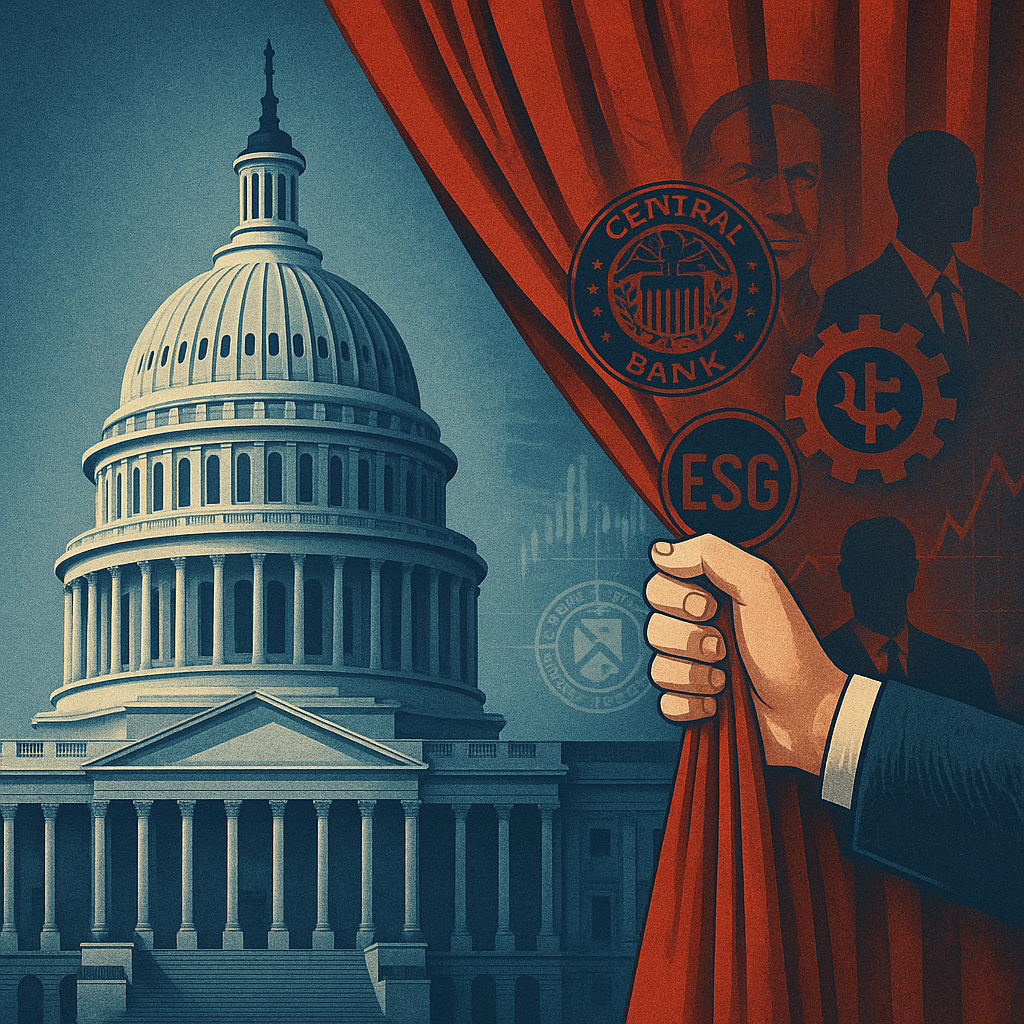In a conversation with a friend yesterday, I got the idea for my next book, which will either be titled, ‘Lean Politics,’ or, ‘Lean Governance.’ The book will apply Lean Manufacturing concepts to the governance of our nation. In this post, I want to describe the concept for the book, and hopefully get some feedback. Bear with me a bit on this post, as the book concept is still somewhat fluid.
 Lean started in manufacturing, but it is not really about manufacturing. Lean is sometimes called ‘Systems Thinking,’ because it looks at the world in terms of interacting systems. Everything is seen as a system, and all systems are composed of sub-systems. All of these systems interact.
Lean started in manufacturing, but it is not really about manufacturing. Lean is sometimes called ‘Systems Thinking,’ because it looks at the world in terms of interacting systems. Everything is seen as a system, and all systems are composed of sub-systems. All of these systems interact.
I want to break our country down into its composite systems. I want to explore what government is for, as a base, and then explore what our government does, and how our government meets that purpose. In lean we have what we call Kaizen events, where we map out what a process currently looks like. We look at the process in terms of the value it adds for it’s customer (in the case of government, the public), and we look for waste that can be removed. What steps are involved in the process? Which steps add no value? Where is there inventory that can be removed? If we wanted to create a better process, what might it look like? I’ll probably at some point conduct actual Kaizen events with actual people to explore these questions, and then write about what we come up with. I’ll include people from all over the political spectrum to explore these challenging questions.
My first book was called ‘Lean Management,’ and it took a systemic approach to running companies, blending modern management theory, lean concepts, and economics. I broke down what companies are, and what they are for. I looked at how they fit within the economy around them, and within the world at large, digging somewhat deeply into the inner workings of company operations to show what companies can do to better meet the needs and desires of their customers, and the world at large. This next book will have to touch on some of that, but whereas ‘Lean Management’ was a kind of textbook for how to look at and run a company (or any role within one), this next book will look at the economy in a more macro view, in terms of what the economy is for, what value government adds, how well the economy does in creating value, and what changes could be made to make the economy add value more efficiently.
I want to start with the most basic questions possible, such as ‘what is government,’ and ‘what is the purpose of government’. I want to explore what an economy is and what it is for. As a country, we seem to gloss over these questions, but I am not convinced we have widespread agreement on the answers, and if we cannot define what a government or an economy is, and what these things are for, how then can we ever hope to have a rational discussion about how to run them? After answering the preliminary questions, I will dig deeply into these concepts, using lean manufacturing techniques to see how good of a job our government, and our economy, do, and how we might improve their operations, in terms of the value they add to their respective customers. I also want to explore them in terms of what is a customer of what. Does the economy a customer of government, is the government a customer of the economy, or both? Should government and the economy be run as one and the same thing? Should they be separate? Let’s start with the most basic questions possible, and then work from there to explore deeper answers to society’s problems.
One cannot look at government without looking at our political system. I’ll do a deep dive there as well, again starting with the most basic of questions, and then working outward to see how well our current political system does in meeting its objectives and adding value to our nation. I’ll try to answer the question: what would an ‘ideal state’ political process look like?
Our criminal justice system needs to be analyzed as well. What is it for? Do the laws we enforce make sense? Are the laws, or the system itself, biased against certain groups? What value does our criminal justice system add, and what changes can be made to make it add more value, more efficiently?
I’ll also look at our education system, and our healthcare system. I’ll look at journalism and see how well of a job our media does in reporting news. Do we have an informed populace, or are we being fed propaganda? Do we have an educated populace, or an indoctrinated one? What changes can be made to better educate our population, and to better inform us about events occurring in the world around us? Is it even necessary for us to be informed? I don’t believe that an indoctrinated, propaganda based populace is what we want, but in a true, systematic analysis, we can’t take anything for granted, so the purpose of these things needs to be looked at and questioned.
I want to look at the individual. What is it to be a ‘citizen,’ or a ‘resident,’ of a country? For that matter, what is a ‘country,’ and why are they important? What value does the nation add to our lives, and what value do we add to each other’s lives, and to our nation? What can the country do, and what can we do as individuals, to add more value? What sense of purpose can we find in the world around us, and to the degree that there is such a thing as ‘purpose,’ what can we do to better meet that purpose?
Systems interact. Every system has systems that feed it, and that it feeds, creating what are essentially supplier systems, and customer systems. How do the systems within our country interact, and how does our country interact with other countries and with the world at large? There is a process called SIPOC, which stands for System, Inputs, Process, Outputs, Customer, that can be used to analyze the interactions of different systems. Does the customer get what it needs? Why or why not? Are the inputs provided by supplier processes what this process needs? What are the customer and supplier processes? What changes can be made to ensure that customers are getting what they need, and that suppliers are providing what is needed, when it is needed, and where it is needed? What waste can we find?
I don’t know how long I want this book to be. If I really do a deep dive, it may have to be multiple books. I could make each part of it a book. Perhaps the first book will be an overview and I can then write additional books that go into more detail (‘Lean Management’ is written in that light). At some point I want to write a book called ‘Lean Living,’ that applies these concepts to the individual, and to the family. That book will take a tremendous amount of research, as those who will get the most out of it will be people who have issues in their personal lives. I’ll have to work with psychologist and psychologists. Really ‘Lean Living’ was my first book concept, but I realized as I started an outline that I’d have to be a full-time writer to make it work, and to do that I need to get a first book published, and live off the proceeds. ‘Lean Management’ was right in my wheelhouse, so it was easy to write on a part-time basis. These other books will require more research, and probably need to be done as a full-time job – along with of course my blog. I have a lot of writing to do!
If you find these concepts interesting, write me a note and let me know. If you want to be involved in one of these projects, let me know that as well. And of course, if you can help me get published, I would absolutely love to hear from you!




